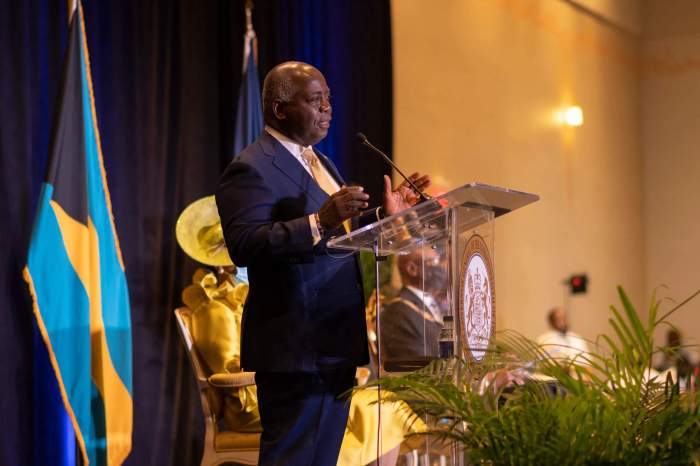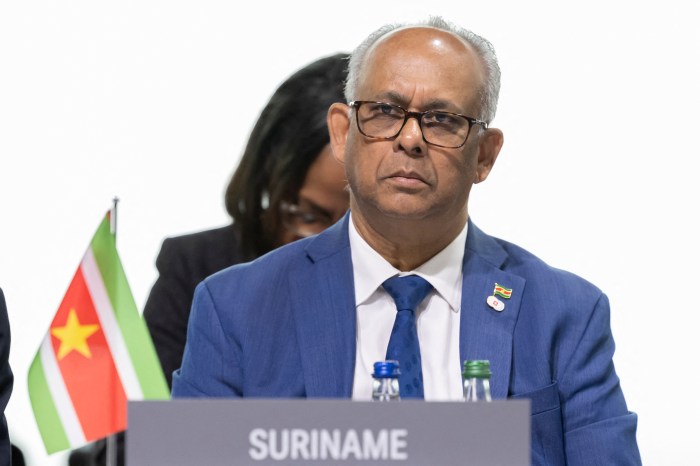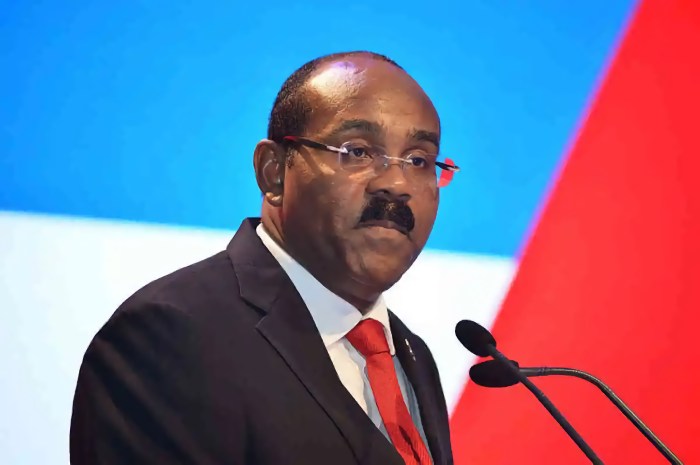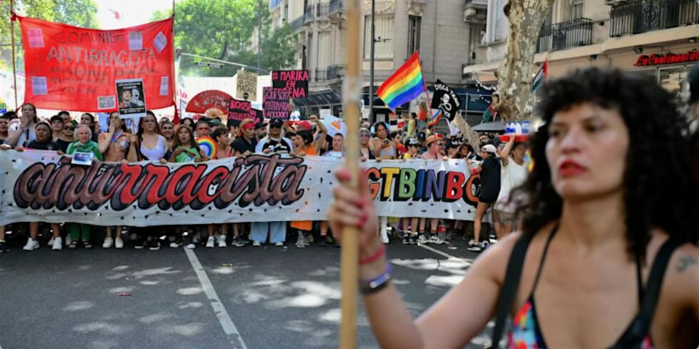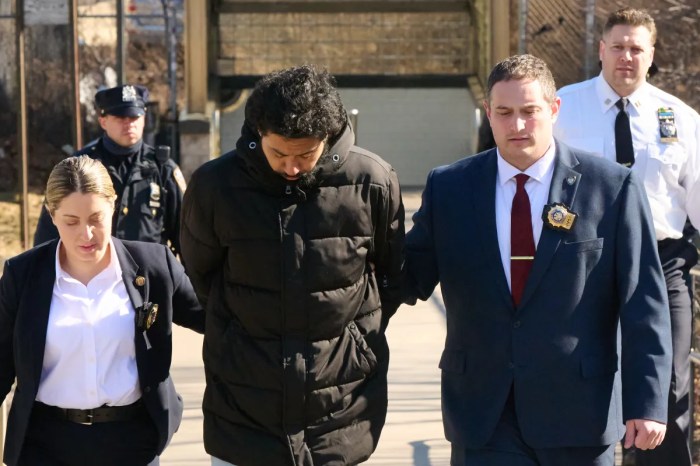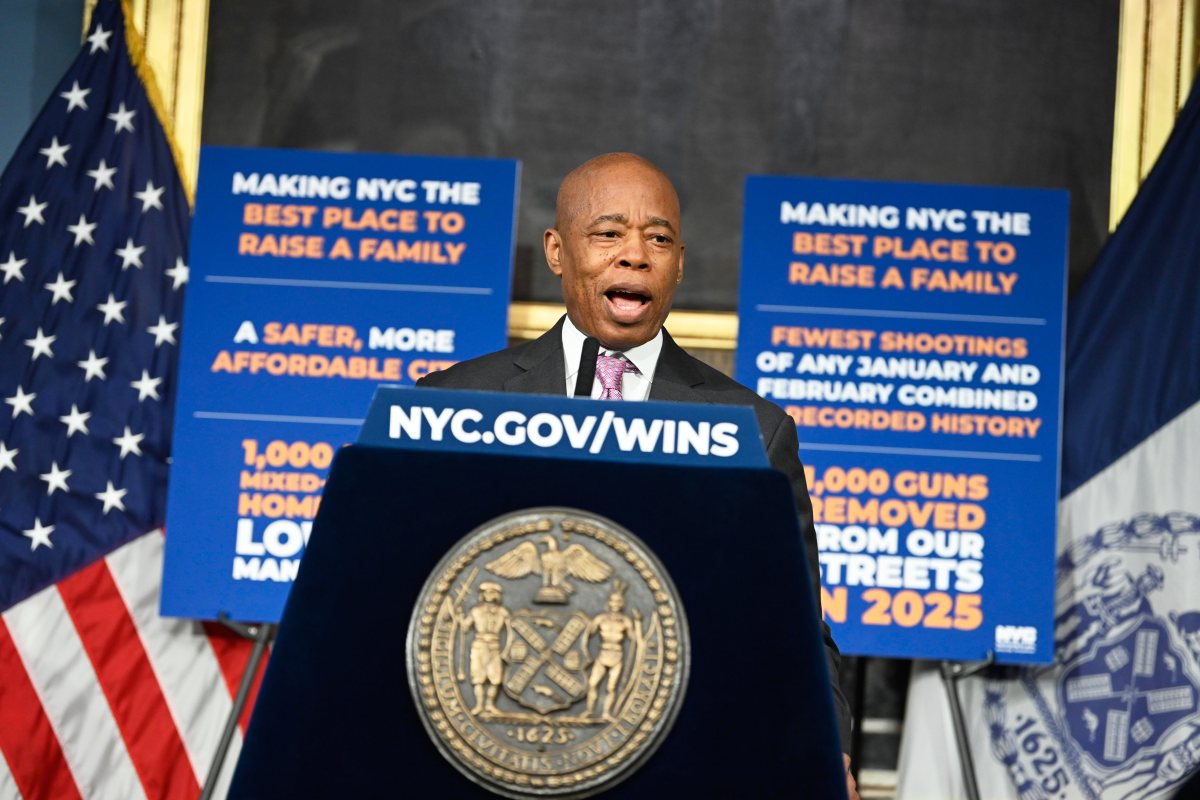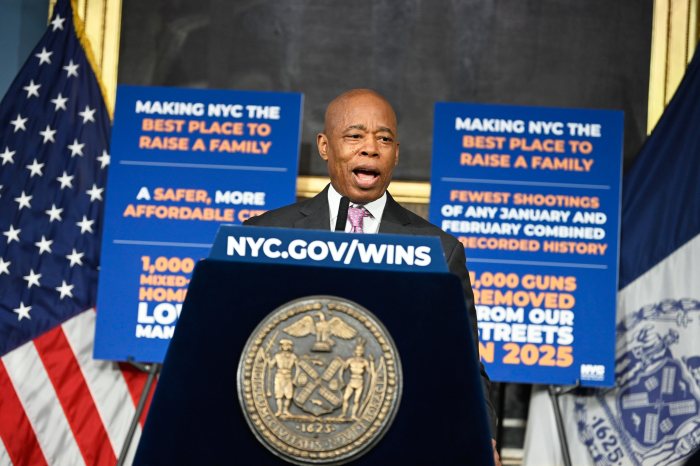The United States Department of State said two top Trump administration officials have headed to Grenada to attend the Caribbean Community (CARICOM) summit currently underway there.
The State Department said on Wednesday that Under Secretary of State for Political Affairs Thomas A. Shannon, Jr., and Acting Assistant Secretary for Western Hemisphere Affairs, Francisco Palmieri, traveled to St. George’s, the Grenada capital, July 5–6, for the 38th CARICOM Conference of the Heads of Government.
“The under secretary will meet with CARICOM member heads of government and foreign ministers to discuss regional and bilateral issues of mutual interest,” the department said.
“He will also meet with CARICOM Chairman and Prime Minister of Grenada Keith Mitchell to discuss stronger coordination between the United States and the Caribbean Community,” it added.
In keeping with a mandate from the US–Caribbean Strategic Engagement Act, or HR 4939, which became Public Law 114-29, after being signed last year by former United States President Barack H. Obama, the United States last month released a “Multi-Year Strategy for Engagement with the Caribbean.”
The United States Department of State said it has, in coordination with the US Agency for International Development (USAID), submitted the strategy to the United States Congress “that establishes a framework for enhancing the security and prosperity of the United States and its Caribbean partners.
“Considered the ‘third border’ of the United States, the Caribbean is a vital part of our efforts to counter organized crime and illicit trafficking, support democracy throughout the Western hemisphere, strengthen energy security, and create jobs through increased trade and investment,” said the State Department in a media note.
“A secure and stable Caribbean contributes to a safer and more prosperous United States by securing the United States border, protecting United States citizens abroad, and increasing opportunities for United States exports,” it added.
“The United States will continue to work with the Caribbean region to support commitments in the multi-year strategy; encourage private sector-led growth and job creation; reduce energy costs through diversification, regulatory reform, and public-private partnerships; and maximize partnerships in health and education for more sustainable growth and development in the Western Hemisphere,” the State Department said.
It said the United States Congress mandated this Caribbean strategy “underscores US interest in enhanced relations with the governments of the Caribbean, the Caribbean Diaspora, the private sector and civil society.”
The strategy states that the Caribbean region is the United States’ “’third border’, characterized by common interests and societal ties that yield daily, tangible benefits for United States citizens.”
It notes that the United States is the primary trading partner for the Caribbean, representing a “vibrant economic partnership” that, in 2016 saw a US$4.6 billion trade surplus for the United States, 14 million United States tourist visits, and 11,042 Caribbean students studying in the United States.
The strategy also says that the United States and the Caribbean face many common threats, stating that “small, but significant, numbers of violent extremists from the region have joined ISIS.”
The Multi-Year Strategy for Engagement with the Caribbean says that regional countries have some of the highest murder rates in the world, adding that rising crime and endemic corruption threaten governments’ ability to provide security and good governance.
The high murder rates also “drive irregular migration to the United States,” the strategy says.
“As the United States works to secure its southern border, we should prepare for transnational criminal organizations to shift more of their operations to the Caribbean as a transit point for drugs, migrants, weapons and other illicit activity,” it says.
This strategy, coordinated with the interagency, identifies the Department of State and USAID’s priorities for United States engagement with the Caribbean region in the areas of security, diplomacy, prosperity, energy, education and health.


